At the Dialogue Conference on the effective application of the Housing Law 2023 and the Real Estate Business Law 2023, Ms. Pham Thi Thu Ha, Deputy Head of the Social Housing Department, Department of Housing and Real Estate Market Management, Ministry of Construction said: The social housing development policy is a policy that all people are interested in, especially the Party and State have dedicated a whole chapter to detail this type in the Housing Law.
Regarding some new points, firstly, the beneficiaries of social housing support policies, in the new Housing Law, have separated some subjects such as poor and near-poor households in urban areas; low-income people in urban areas.
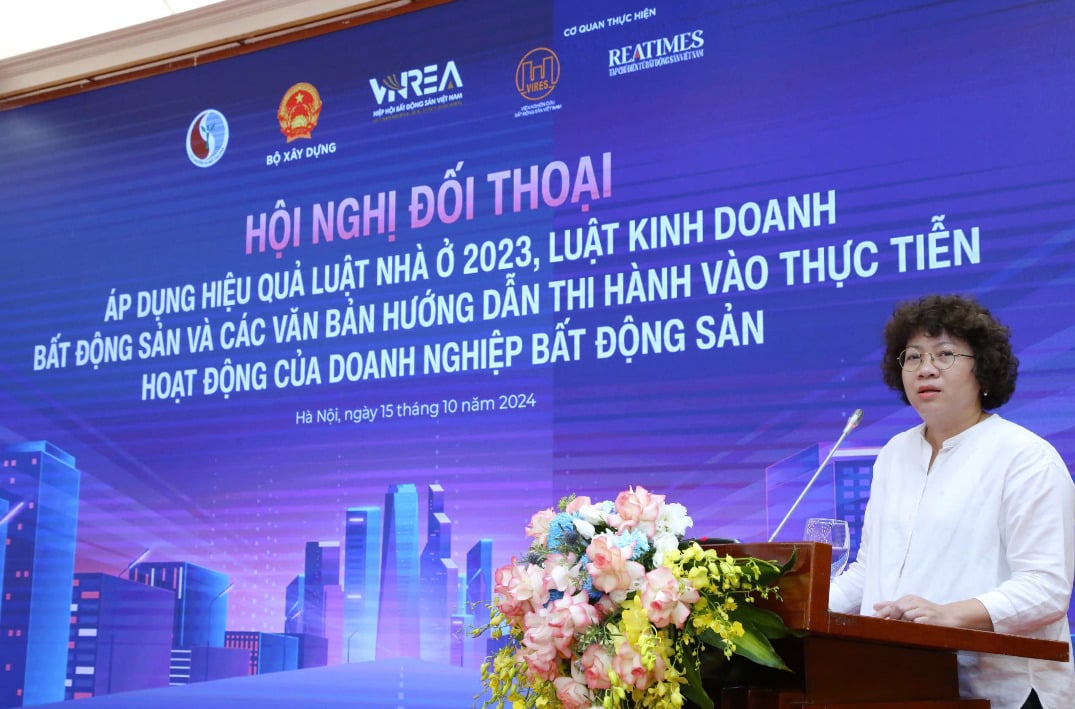
Ms. Pham Thi Thu Ha, Deputy Head of Social Housing Department, Department of Housing and Real Estate Market Management, Ministry of Construction. (Photo: ST)
Second, the form of implementing social housing support policies has an additional provision that the Provincial People's Committee can regulate the sale, lease-purchase, and lease of social housing to poor and near-poor households in rural areas and disaster areas.
Third, the conditions for enjoying social housing policies have removed the residence condition. Previously, people in Hanoi could only buy houses in Hanoi, but now if they want to buy a house in Ho Chi Minh City, they only need to prove that they do not have a house in Ho Chi Minh City to be able to buy.
In particular, it is possible to improve administrative procedures by simply confirming that the subject and spouse (if any) are not named in the land use right certificate or ownership of assets attached to the land in the province or centrally-run city where the social housing project is located at the time of application submission, instead of having to verify a lot of information as before...
In addition, the new law also takes the monthly income threshold of 15 million VND or less or the total income of both husband and wife equal to or less than 30 million VND as the condition to buy social housing...
In current law, the procedure for developing social housing under the new law has shortened many administrative procedures, including 3 steps.
In the project preparation stage, the planning step has differences in that there is a requirement for planning when bidding for a project to have a 1/2000 zoning plan or a detailed 1/500 scale plan. In particular, investors are exempted from land use fees and land rent for the entire project; do not have to carry out procedures for determining land prices, calculating land use fees and land rents, as well as procedures for requesting exemption. In addition, in case investors construct within the scope of a social housing project, the determination of land prices and calculation of land use fees to be paid shall be carried out in accordance with the provisions of the law on land.
The two steps in the project implementation phase and the project completion phase are not much different from commercial housing projects.
Land for social housing development is an issue that most businesses are very concerned about. With the new law, the provincial People's Committee must allocate enough land for social housing development according to the needs of the housing development program and plan, including: land for independent social housing development; land for building social housing in commercial housing projects. The land fund for social housing development must ensure connection with the technical infrastructure system, social infrastructure of the area, suitable for the living and working needs of social housing subjects.
Land fund for building social housing within the scope of commercial housing projects has three cases:
In the first case, the residential land area in the commercial housing project is reserved for the construction of social housing. Accordingly, in special urban areas, types I, II, III, the Provincial People's Committee, when approving the investment policy, decides that the project investor shall reserve 20% of the total residential land area (excluding existing residential land and resettlement land) for the construction of social housing.
Second case, arranging social housing land outside the scope of the commercial housing project. In special urban areas, types I, II, III, the provincial People's Committee, when approving the investment policy and simultaneously approving the investor, decides to arrange social housing land outside the scope of the project when the investor has a land fund that is consistent with the planning and land use plan and is located in the same urban area where the commercial housing project is located, has a residential land area of equivalent value or has a residential land area equivalent to the social housing land area of that commercial housing project.
Third case, pay money equivalent to the value of the land fund of 20% of social housing. Accordingly, in special urban areas, type I, type II and type III, when approving the investment policy, approving the investor to implement the commercial housing project, the Provincial People's Committee decides not to reserve residential land fund for building social housing and approves the commercial housing investor to pay money equivalent to the value of the land fund of 20%.
Regarding incentives for investors of social housing projects, in addition to not having to carry out procedures for determining land prices, calculating land use fees, land rents, and requesting exemption procedures, investors are entitled to a maximum of 10% of the total construction investment cost for the social housing construction area.
Regarding the selling price, the formula for calculating the rental price and the lease-purchase price is guided in Articles 31, 32 and 33 of Decree 100/2024/ND-CP. Also according to the new law, the specialized agency of the People's Committee of the province where the project is located will conduct the appraisal of the selling price and lease-purchase price of social housing proposed by the investor.
Regarding preferential capital sources, there is a new point, which is the capital entrusted from the local housing development fund (if any), the annual support from the local budget, capital from bond issuance, housing bonds and other legal sources decided by the People's Councils at the provincial and district levels to implement the social housing goals and plans in the locality. Notably, credit institutions designated by the State will provide social housing loans according to regulations decided by the Government and the Prime Minister in each period...
Source: https://www.congluan.vn/bo-xay-dung-chi-ro-ve-quy-dinh-dieu-kien-nguoi-dan-co-the-mua-nha-o-xa-hoi-post316953.html








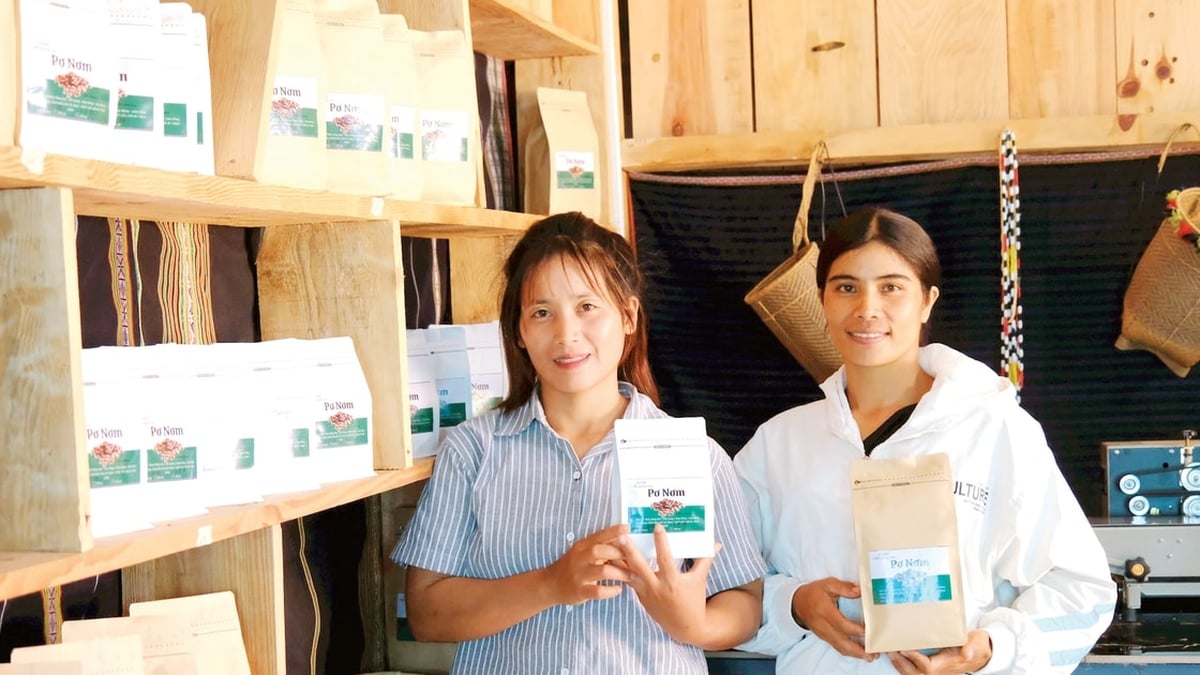
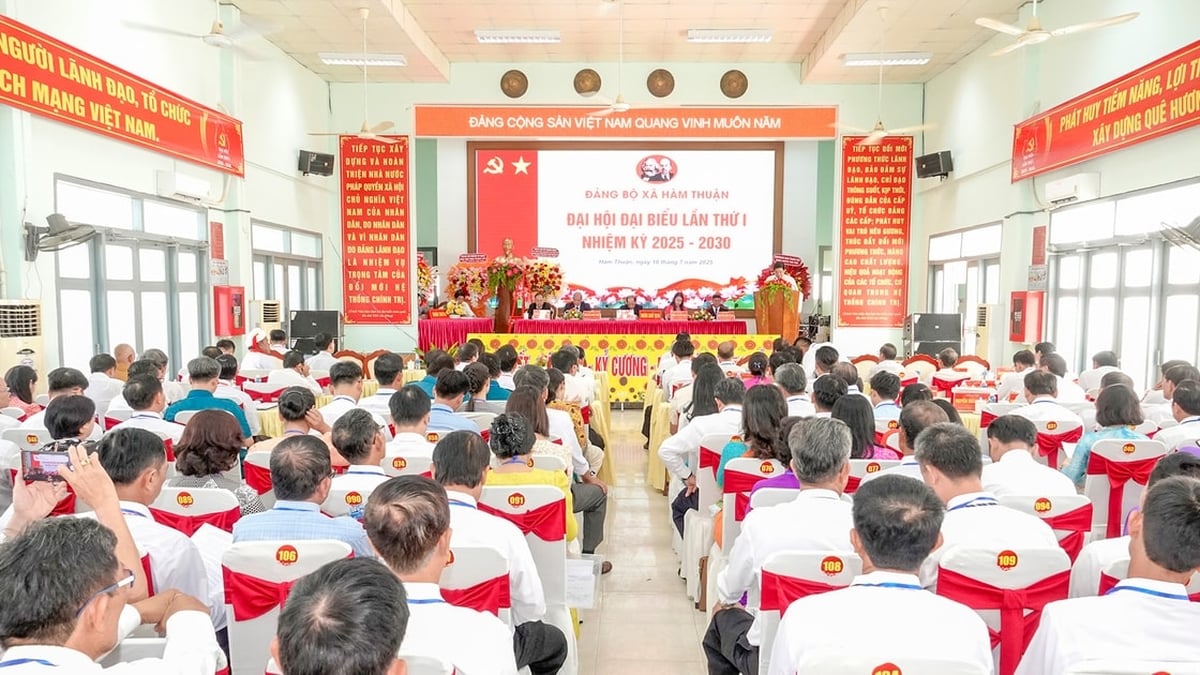
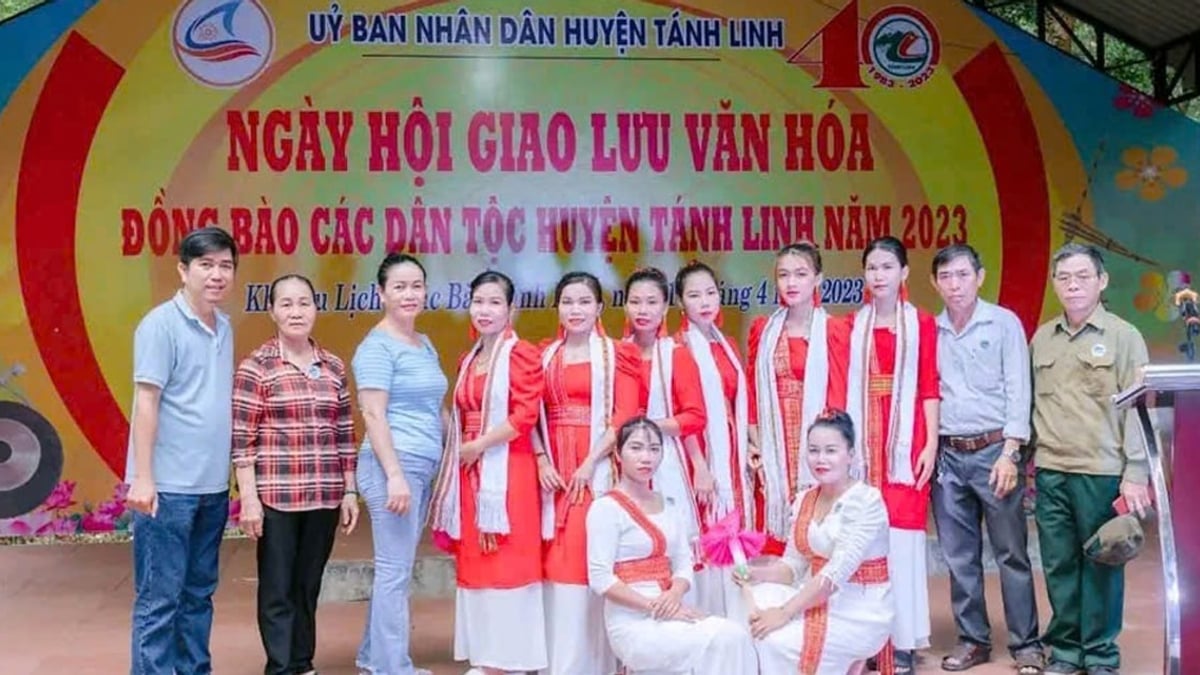
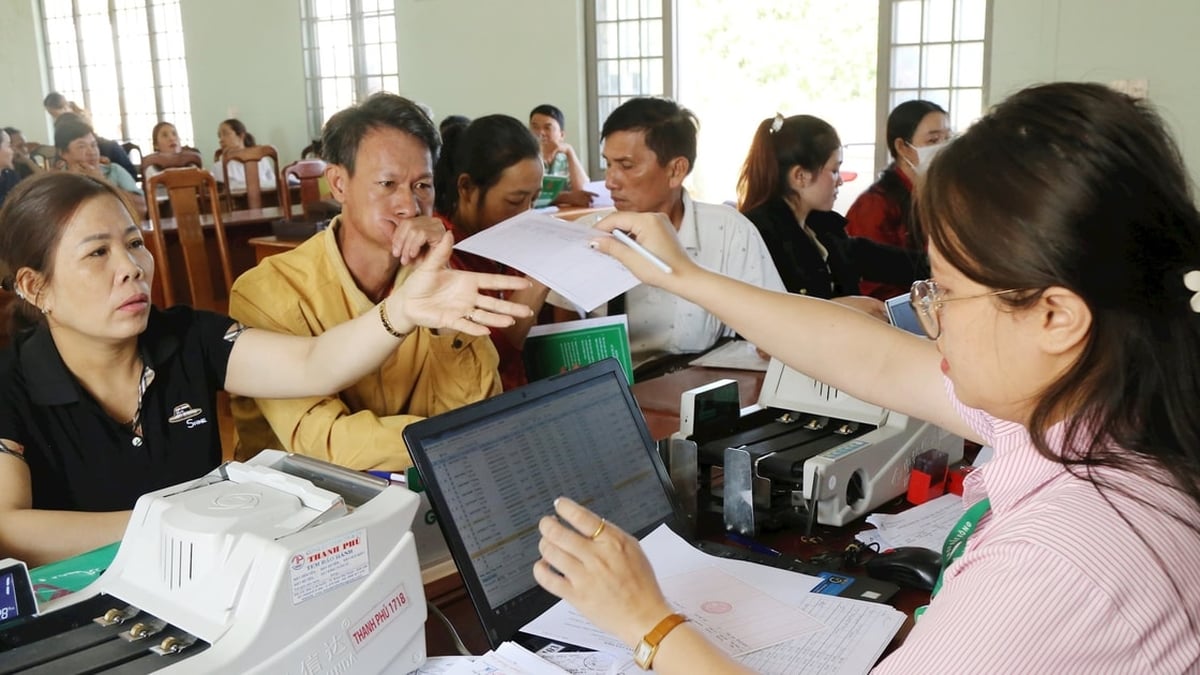


















































































![[Infographic] In 2025, 47 products will achieve national OCOP](https://vphoto.vietnam.vn/thumb/402x226/vietnam/resource/IMAGE/2025/7/16/5d672398b0744db3ab920e05db8e5b7d)





Comment (0)